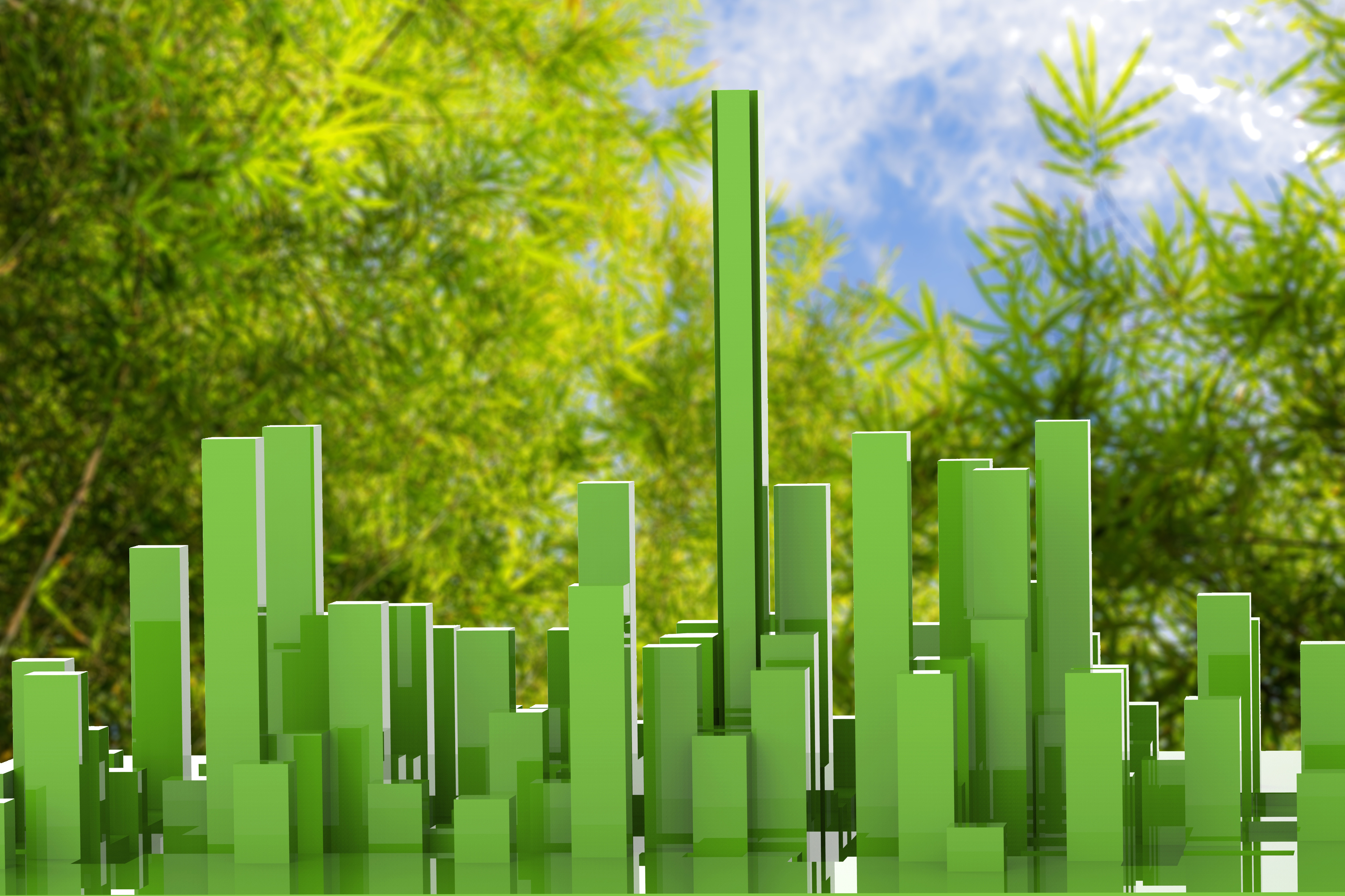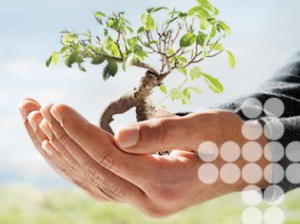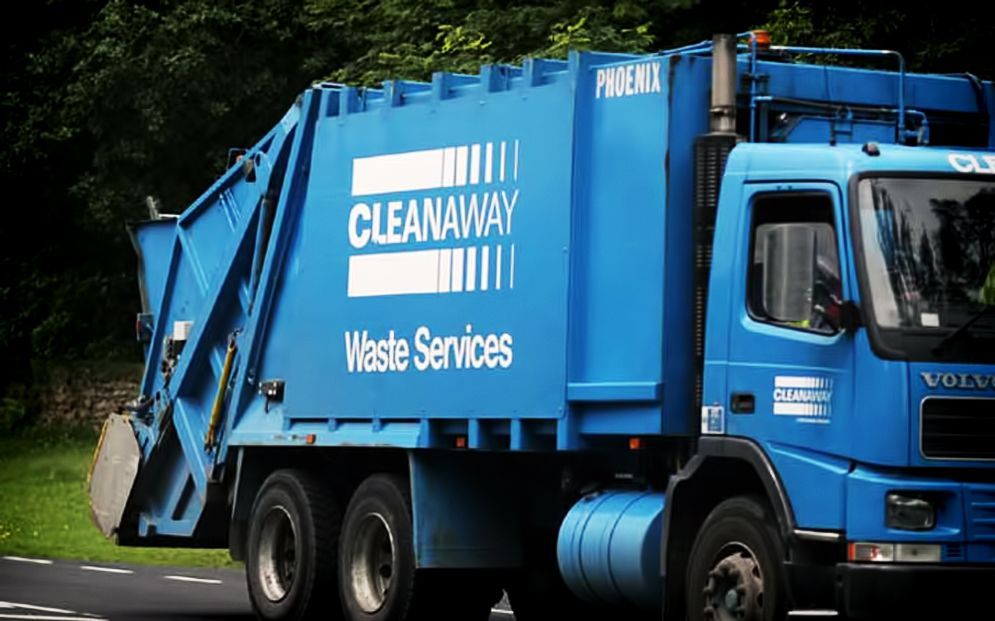
UNSW Sydney has launched a three-year plan to build on the university’s commitment to environmental sustainability.
Launching the University’s Environmental Sustainability Plan (ESP) 2019-21 on World Environment Day, UNSW president and vice-chancellor professor Ian Jacobs said the plan sets out a strategic roadmap towards best practice in the higher education sector.
“Our planet is currently facing a series of complex environmental challenges, from pollution of land and oceans to biodiversity loss and climate change.
“UNSW is a major investor, consumer and landholder and our Sydney campuses form part of the daily lives of some 62,000 students and more than 6700 staff. The University has the scale of a small city, so it is right that we grow and invest like any sustainable city would, with a responsible and clear plan.”
Under the new plan, UNSW will switch to 100 per cent renewable electricity and its buildings will be greenhouse gas emissions-free by 2020.
The university will increase its onsite solar energy generation through its world-first solar energy agreement, design new buildings to operate emissions free and introduce centralised waste collection in offices to save an estimated 1 million plastic liners annually.
UNSW has also committed to integrate best practice environmental, social and governance principles within investment activities by establishing a Responsible Investment Framework.
This will allow the university to invest in solutions to climate change and align its investment portfolio emissions intensity with the Paris Agreement commitments.
Under the new plan, the university aims to achieve a NABERS Energy equivalent rating of 4 or above for 10 existing buildings by 2022. New buildings will be designed and built to a minimum 4 Green Star Design & As Built or equivalent.
Waste has also been identified as a key priority by the UNSW community. The strategy follows the waste hierarchy by promoting reuse over single-use, reducing packaging and prioritising products that are recyclable. UNSW said it will do this by engaging with suppliers and retailers, and improving waste management facilities and practices.
Targets include reducing general waste per EFTSL by 10 per cent by 2022 and maintain general waste landfill diversion at 90 per cent.
UNSW will also develop and implement a waste management plan, launch circular economy initiatives and work with retailers and hospitality partners to eliminate single-use plastics wherever feasible and practical.
The university will also align its procurement processes with the ISO 20400 standard for sustainable procurement by 2022.
The ESP is designed to address UNSW’s key environmental issues and defines commitments, targets and activities across 10 focus areas, each supporting specific themes of the UNSW 2025 Strategy and United Nations Sustainable Development Goals (SDGs).
It was developed following an internal review and consultation process which involved more than 350 students, professional and academic staff and government representatives during 2018.
Environmental sustainability is a core element of the University’s 2025 Strategy. In 2018, UNSW became the first university in Australia to commit to having 100 per cent of its electricity supplied by photovoltaic solar power.
Comment below to have your say on this story.
If you have a news story or tip-off, get in touch at info@3.106.117.80.
Sign up to INCLEAN’s newsletter.





